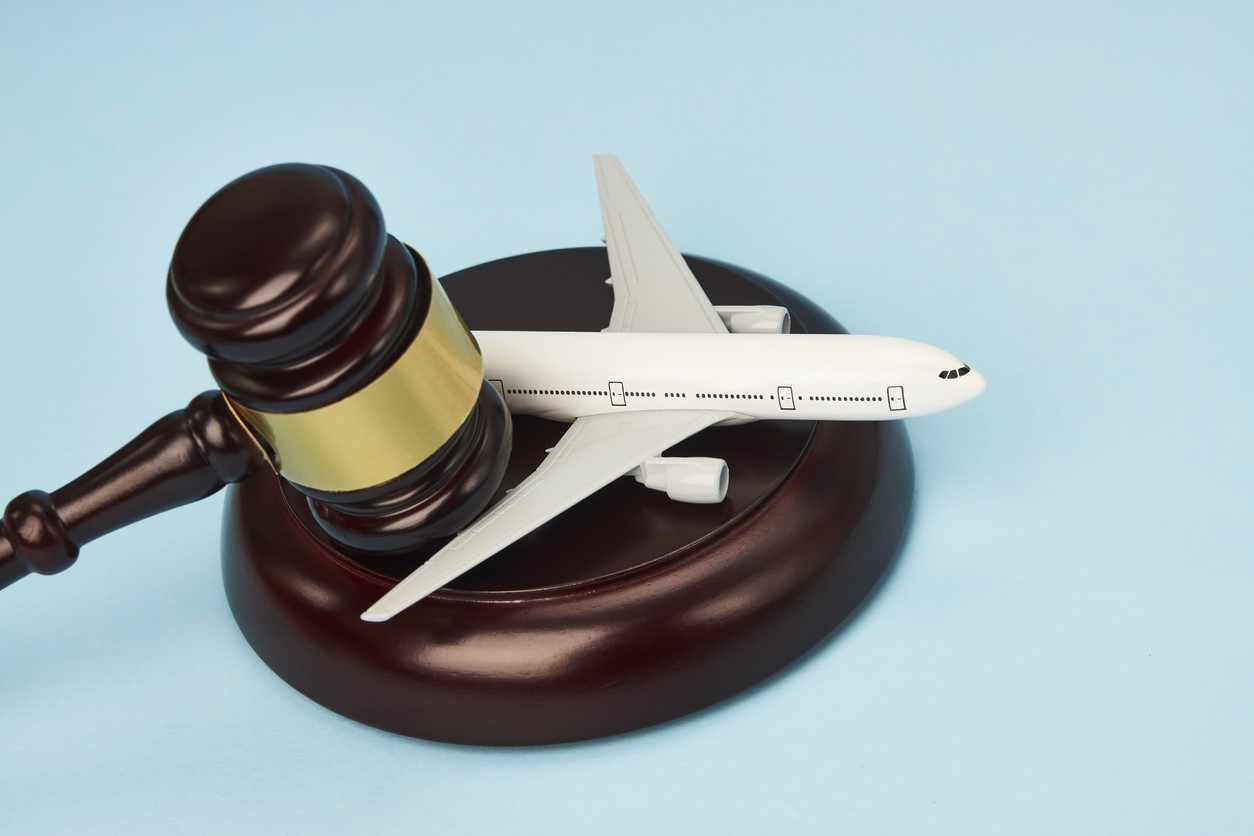
Aviation law is a fascinating field that governs the operation of aircraft and the maintenance of aviation safety standards. Ever wondered how pilots, airlines, and airports operate within a framework of rules? Aviation law covers everything from air traffic control to passenger rights. It ensures that flying remains one of the safest modes of transportation. This legal area also addresses international treaties, environmental concerns, and even space travel regulations. Whether you're an aspiring pilot, a frequent flyer, or just curious about the skies, understanding these laws can be incredibly enlightening. Ready to learn more? Let's dive into 14 intriguing facts about aviation law!
Key Takeaways:
- Aviation law covers everything from safety and security to passenger rights and environmental impact, ensuring that air travel remains safe and efficient for everyone involved.
- International regulations, safety measures, and emerging technologies are all part of aviation law, making sure that air travel is not only safe but also environmentally friendly and up-to-date with the latest advancements.
What is Aviation Law?
Aviation law governs the operation of aircraft and the maintenance of aviation facilities. It encompasses a wide range of legal issues, from air traffic control to passenger rights. Here are some fascinating facts about aviation law that you might not know.
-
International Regulations: The International Civil Aviation Organization (ICAO) sets global standards for aviation safety, security, efficiency, and environmental protection.
-
Chicago Convention: Signed in 1944, the Chicago Convention established the ICAO and laid down the principles for international air travel.
-
Airspace Sovereignty: Each country has complete sovereignty over the airspace above its territory, extending up to 100 kilometers.
Safety and Security
Safety and security are paramount in aviation law. Various regulations ensure that air travel remains one of the safest modes of transportation.
-
FAA Regulations: In the United States, the Federal Aviation Administration (FAA) regulates all aspects of civil aviation, including pilot certification and aircraft maintenance.
-
Security Measures: Post-9/11, aviation security laws have become stricter, with measures like the Transportation Security Administration (TSA) screenings and no-fly lists.
-
Black Box Requirement: All commercial aircraft must have a flight data recorder and a cockpit voice recorder, commonly known as black boxes, to aid in accident investigations.
Passenger Rights
Passengers have specific rights under aviation law, ensuring fair treatment and compensation in various situations.
-
EU Passenger Rights: In the European Union, Regulation (EC) No 261/2004 grants passengers rights to compensation for flight delays, cancellations, and denied boarding.
-
ADA Compliance: The Air Carrier Access Act in the U.S. prohibits discrimination against passengers with disabilities, ensuring accessible air travel for all.
-
Lost Luggage: Airlines are liable for lost, damaged, or delayed luggage under the Montreal Convention, with compensation limits set by international agreements.
Environmental Impact
Aviation law also addresses the environmental impact of air travel, aiming to reduce carbon emissions and promote sustainable practices.
-
Carbon Offsetting: Many airlines offer carbon offset programs, allowing passengers to compensate for their flight's carbon emissions by funding environmental projects.
-
Noise Regulations: Airports and airlines must comply with noise regulations to minimize the impact of aircraft noise on surrounding communities.
-
Sustainable Aviation Fuel: Laws and incentives are in place to encourage the use of sustainable aviation fuels, which produce fewer greenhouse gases than traditional jet fuel.
Emerging Technologies
As technology advances, aviation law must adapt to new developments in the industry.
-
Drones: The rise of unmanned aerial vehicles (UAVs) or drones has led to new regulations governing their use for commercial and recreational purposes.
-
Supersonic Travel: With the potential return of supersonic passenger flights, new laws will address issues like sonic booms and environmental impact.
Aviation law is a complex and ever-evolving field, ensuring the safety, security, and efficiency of air travel while addressing new challenges and opportunities.
Final Thoughts on Aviation Law
Aviation law is a fascinating field that touches many aspects of our lives. From safety regulations to environmental concerns, it ensures that air travel remains safe and efficient. Understanding these laws can help travelers appreciate the complexities behind every flight. Whether it's the Montreal Convention protecting passenger rights or the Chicago Convention setting international standards, these regulations are crucial. Pilots, airlines, and even passengers play roles in adhering to these laws. Next time you board a plane, remember the intricate legal framework keeping you safe. Aviation law isn't just for lawyers; it's for anyone interested in the skies. So, keep these facts in mind and share them with fellow travelers. Knowledge is power, and now you're a bit more informed about what keeps our airways running smoothly. Safe travels!
Frequently Asked Questions
Was this page helpful?
Our commitment to delivering trustworthy and engaging content is at the heart of what we do. Each fact on our site is contributed by real users like you, bringing a wealth of diverse insights and information. To ensure the highest standards of accuracy and reliability, our dedicated editors meticulously review each submission. This process guarantees that the facts we share are not only fascinating but also credible. Trust in our commitment to quality and authenticity as you explore and learn with us.


